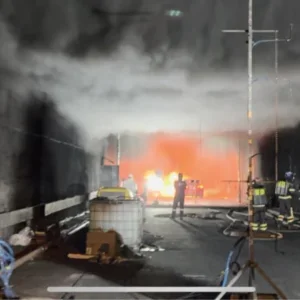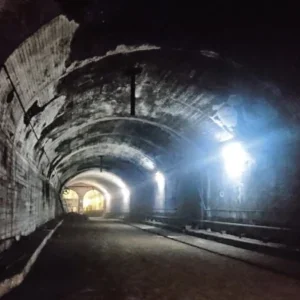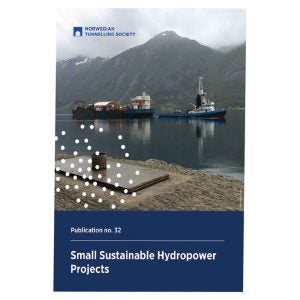Safety has been the dominant issue for the industry this month, with the long awaited report of the British Health & Safety Executive into the collapse of tunnels at Heathrow.
And despite a gentle poke at the HSE in our new cartoon spot – which will be a regular item – the message will of course be taken very seriously by the industry, which is more aware than most of the special dangers and difficulties of its tasks.
There are some good reasons why the report, a thorough investigation of all sides of the incident and the circumstances leading up to it, should have taken a long time. Physically accessing the tunnels, infilled with concrete after the accident for many months, was difficult. And then there was the major court prosecution in train which led to such huge fines for the contractor Balfour Beatty Civil Engineering and the specialist engineer Geoconsult ZT advising on NATM construction.
There are those who feel that perhaps the tunnelling industry has taken a particularly heavy burden of responsibility for its failings compared to other sections of both construction and industry in general. And some who feel furthermore that the weight the British law has placed on prosecuting and punishing those who are responsible is not reflected equally in other countries. Certainly the inability of the British courts to pursue in other countries those found guilty has struck many as unbalanced.
The HSE has said that it is investigating cross-European coooperation and the possibility of harmonising European law in the future on these matters, though the "European ideal" still seems a little remote – unless British football fans are being prosecuted.
Heathrow was not a happy affair for the British tunnelling industry, though as Kevin Myers, the HSE’s chief inspector for construction said in his presentation, fortunately no-one was killed. The final product too, the Heathrow Express rail link to the airport, is a marvellous achievement. And in many worldwide projects the expertise of the UK’s engineers continues to be both recognised and applied.
The relative openness in Britain with which such things are investigated and results published is highly useful and offers the chance not to repeat mistakes in the future. The lessons can be learned.






